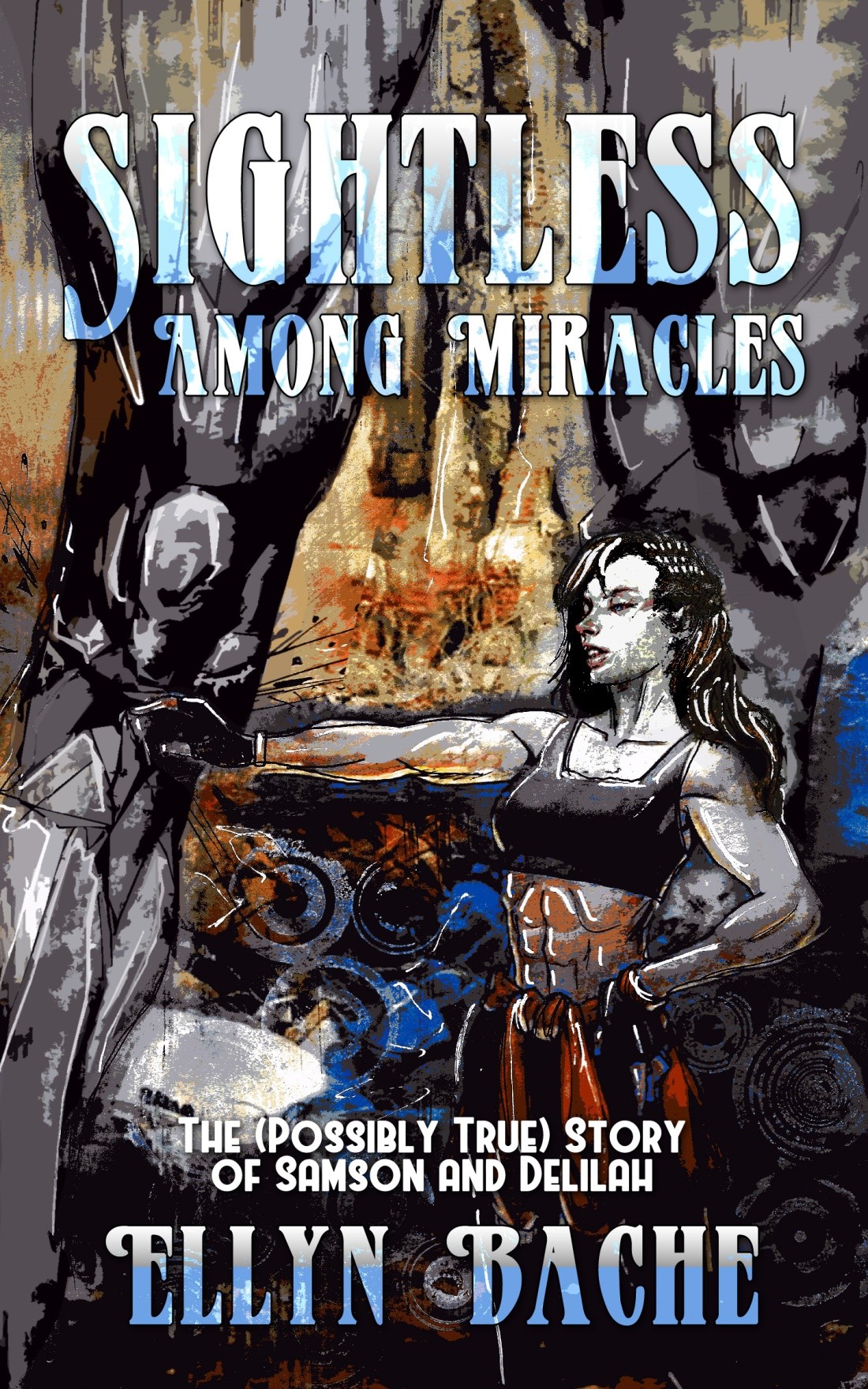We caught up with the brilliant and insightful Ellyn Bache a few weeks ago and have shared our conversation below.
Ellyn, thanks for joining us, excited to have you contributing your stories and insights. Are you happy as a creative professional? Do you sometimes wonder what it would be like to work for someone else?
I have always felt genuinely lucky to have the time to do creative work as well as whatever other demands were being made on my time. I started out doing feature stories for newspapers when my four children were young — short pieces I could sometimes put together with a phone interview while the children were napping, followed by an hour or two at the computer after dinner or between household errands. Later I began writing short stories and sending them out, only to get rejection slips back in the mail, and then, gradually, acceptances from women’s magazines.
For me, the writing was so much fun that at first it felt like a hobby — except that I got paid for it! The money wasn’t much, but it was a huge ego booster. My husband earned most of our income (except the year my novel “Safe Passage” became a Susan Sarandon movie), so I never felt guilty for staying home where, believe me, there was always plenty to do. It wasn’t until my youngest child went to school all day and I was able to start writing “Safe Passage” that I realized how much more uninterrupted time a novel would demand, and I began to feel like what I was doing was “work.”
That said, it has always been work I’ve enjoyed. I also enjoyed teaching writing classes and giving seminars and speaking to writing groups. I’ve enjoyed critiquing manuscripts for the North Carolina Writers Network, something I’ve done for years. But these were never things I wanted to do full time, except occasionally in mid-winter when I began to suffer from cabin fever. Interestingly, I was able to cope with the isolation of Covid far better than most of my friends because writing had always been — and continues to be — a solitary pursuit with its own set of restrictions.
But I love it. I always have.
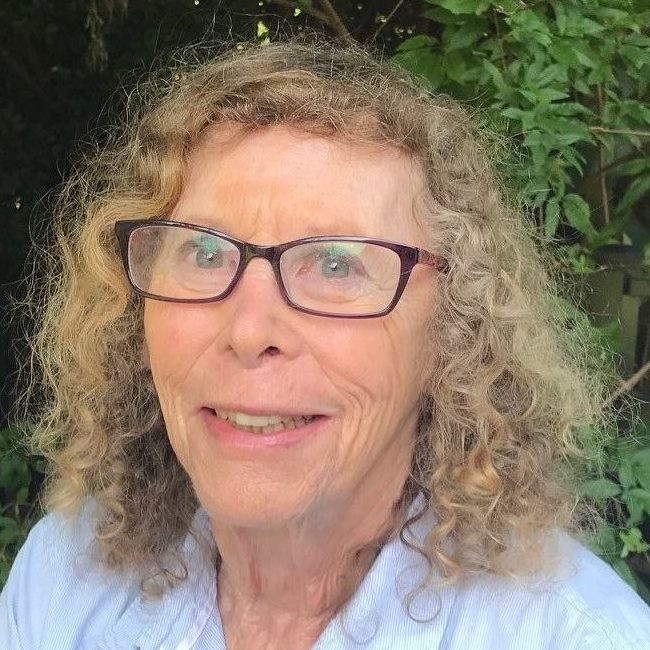
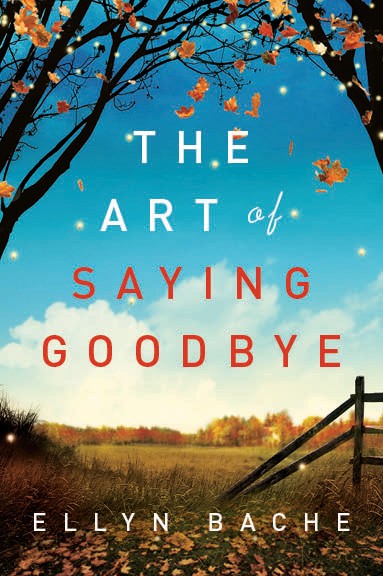
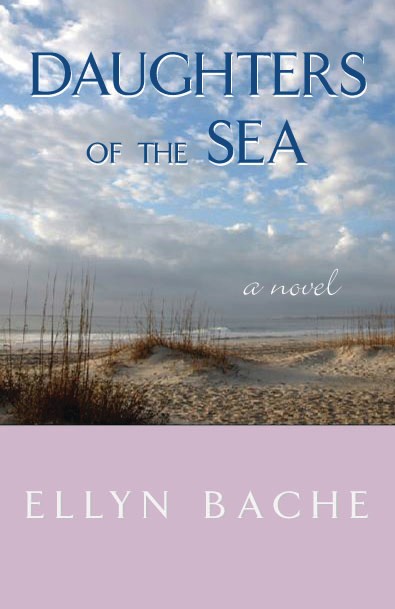
Ellyn, before we move on to more of these sorts of questions, can you take some time to bring our readers up to speed on you and what you do?
For reasons I’ll never understand, some people see creative work as selfish, even when the end result is a resounding success. Why spend so much time at the computer when you could be distributing groceries for the food bank? Who cares if you publish one of your stories or paint another picture?
As an artist, I had to train myself to dismiss thinking like this. What do I do? I write stories that entertain and enlighten. I create work that readers will learn from, that will make them laugh and cry, that will help them come to terms with something about the world that mystified them before. I feel most fulfilled not just when something I’ve done is a success, but when I feel it has touched someone else, as well.
Years ago, a woman I was pretty sure had never read my work said she’d just finished one of my novels and wanted me to know she was glad I’d invented a troubled teen character because he reminded her so much of her own troubled son. “It made him . . .” she paused after this and then whispered, “easier to take.”
Her comment somehow justified for me the effort I’d put into creating this difficult young man and giving this reader the opportunity to understand him.
I believe that If you are creating art in any of its many forms, you are offering a gift.
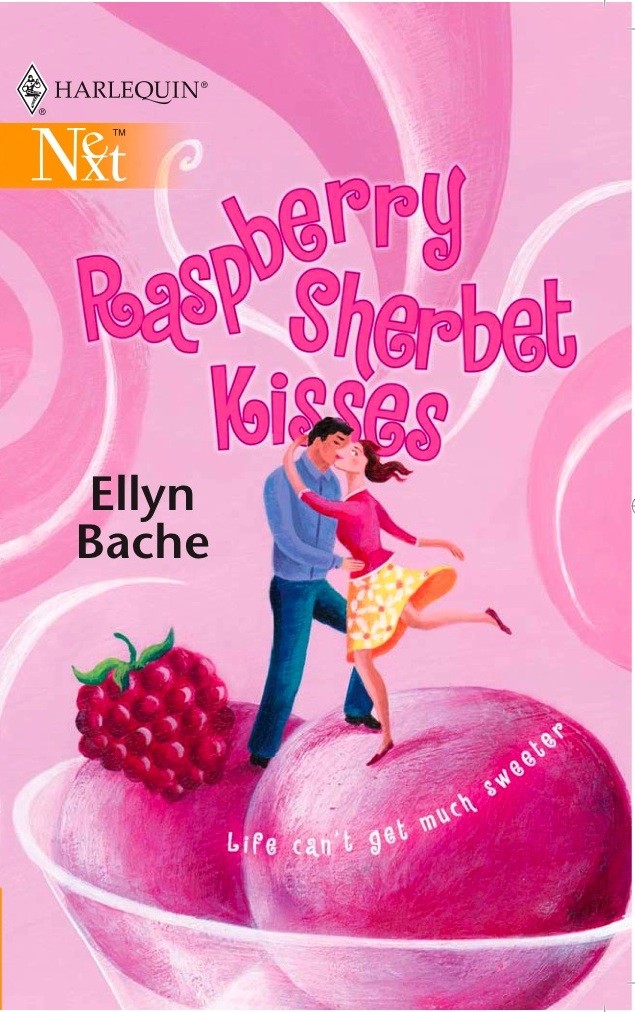
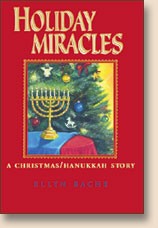
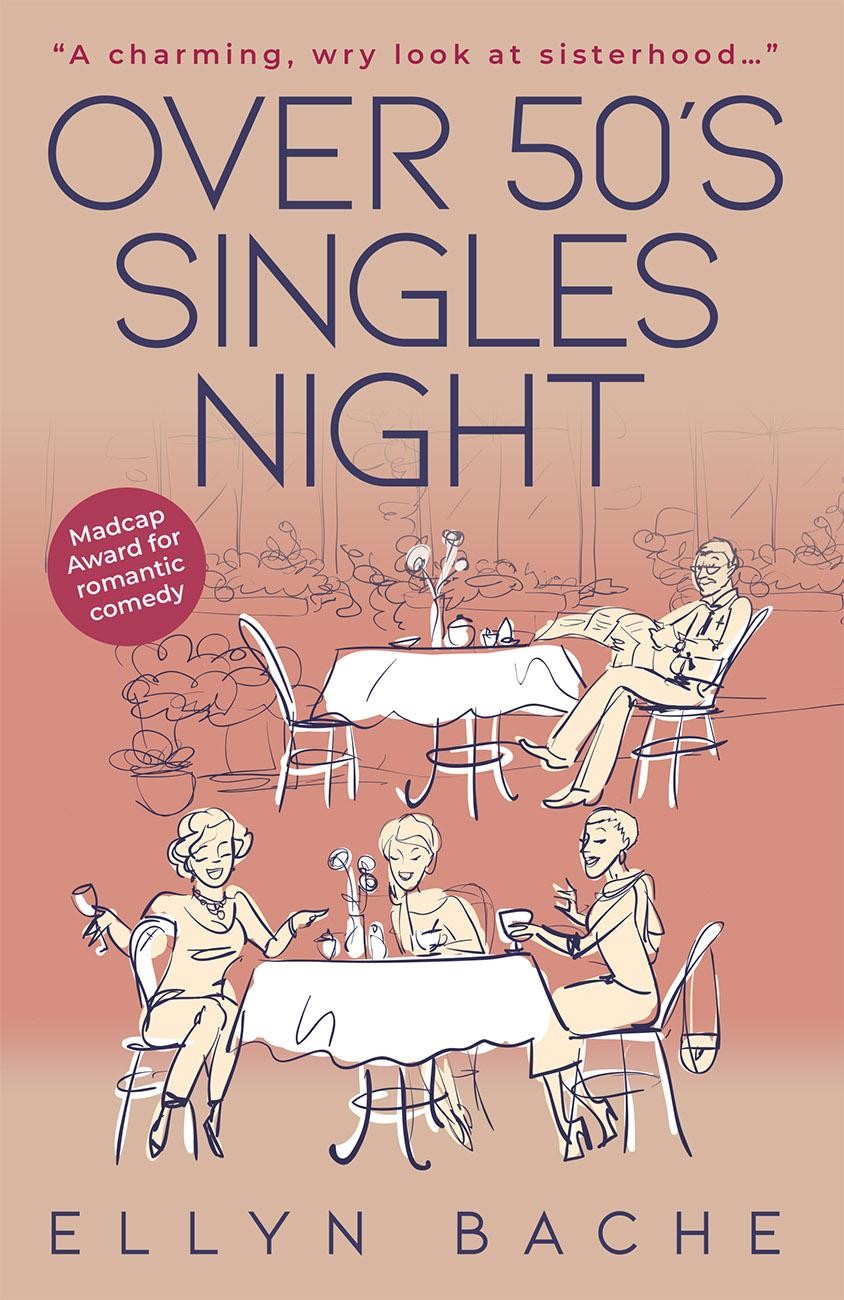
Can you tell us about a time you’ve had to pivot?
In the early part of my career, I sold short fiction to commercial women’s magazines like “McCall’s” and “Good Housekeeping.” Then, over the course of just a few years, that market dried up. It was frustrating, being unable to continue on a course I thought I was beginning to master. But as it turned out, it was a blessing in disguise.
There were fewer outlets for stories, but plenty of demand for novels. I practiced making my work longer, more layered, more serious — and sometimes. to my own delight, more humorous. Soon, I was selling novels.
For any artist, it’s lovely to feel flexible. Over the years I’ve written a few plays that have been performed, but I also wished I had the talent to write a musical comedy. Sadly, even though my father was a professional classical musician, I turned out to have no musical talents at all, not for lack of trying. I can’t play an instrument or carry a tune, and I spent many hours lamenting this to anyone who would listen.
Finally, with the help of my writer friend Joyce Cooper, who also wrote music and had once been the singer for a band, we came up with a story about a group of writers trying to get published. I collaborated with her on the book, and she wrote all the lyrics and all the music. We ended up with a full-length show — “Writers’ Bloc” — which has since been performed several times to enthusiastic audiences — though no bids from Broadway just yet.
And my latest book, “Sightless Among Miracles: The (Possibly True) Story of Samson and Delilah” has been the greatest departure from my early novels, a project I wouldn’t have had the confidence to tackle years ago. It’s a modern retelling of the Biblical tale with the Samson character a woman who knows she has a great mission to perform but is constantly thwarted — until her luminous final hours. It’s a book that asks the question: “What are we here for?” — a question that dominates so many lives.
Writing this book has reminded me how much the experience of moving from genre to genre makes us more flexible, more open-minded, and more willing to take on greater challenges. It’s an exercise I highly recommend.
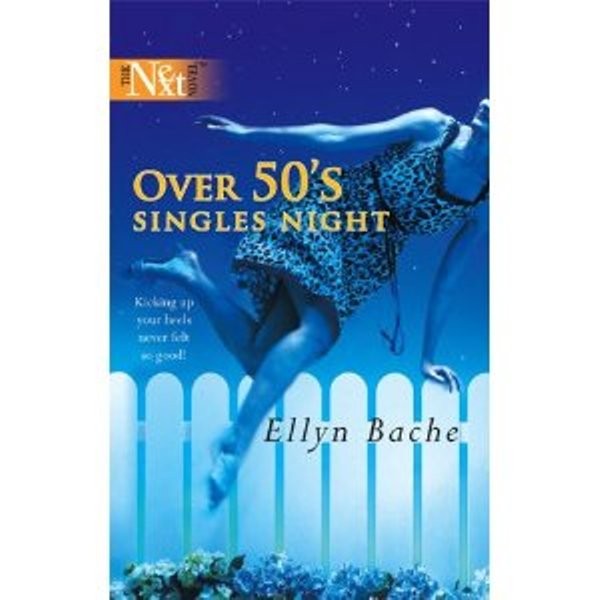
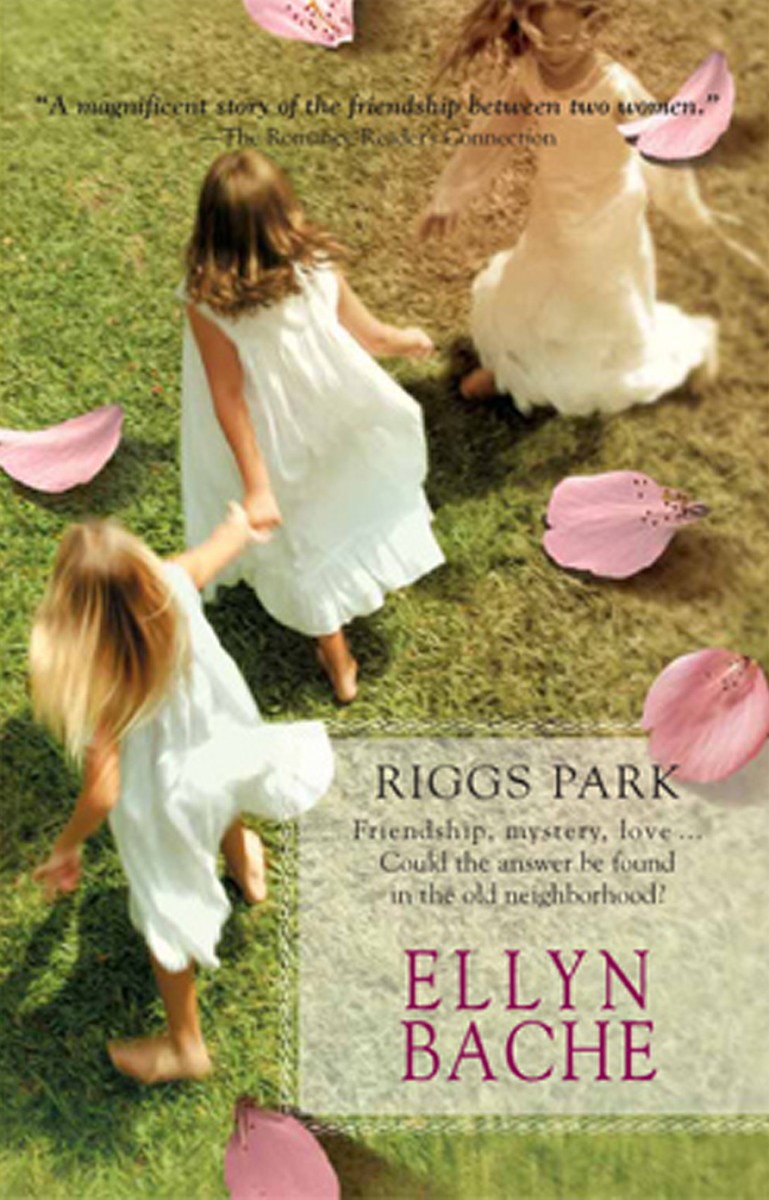
Are there any books, videos or other content that you feel have meaningfully impacted your thinking?
One of my longtime Facebook friends is the remarkable novelist Richard Bausch. He writes, in addition to his short stories and novels, frequent, beautifully, phrased pieces of advice any artist can look to for the encouragement all of us need.
Beyond that, there’s an overwhelming amount of “inspirational” material online for writers. But for me, a 1995 classic, Anne Lamott’s “Bird by Bird,” tops the list. There’s also great wisdom in Sophy Burnham’s “For Writers Only” and Natalie Goldberg’s “Writing Down the Bones.” And too many more to name.
But no advice is important than this: Keep at it. It’s a gift.
Contact Info:
- Website: www.ellynbache.com


